By Chen Caixia
(ECNS) -- Since taking office over two months ago, the new U.S. administration has drawn wide attention regarding its policy toward China. In the latest China Q&A, Denis Simon, a visiting professor in the Asian Pacific Studies Institute of Duke University, wonders how should China respond to the U.S. policies and how should the U.S. rationally assess China's development and its vision of globalization.
In response, Zhao Hai, Director of International Politics Studies at the National Institute of Global Strategy of Chinese Academy of Social Sciences, provided a detailed analysis.
"China-U.S. relations are a two-way process." said Zhao. He emphasized that the U.S. side needs to have a correct perception of China's strategy and China's trajectory of its own development."So far, the Biden administration and the previous Trump administration both had the wrong idea that China aimed to replace the United States as the next hegemony of the world."
Zhao noted that the current Trump administration is changing both of its global strategy and domestic policies, but there's still very much uncertainty in exactly how Trump himself and also his administration will approach China,
"From China's perspective, China has been advocating a multipolar world and supporting multilateral organizations in the world centered around the United Nations. Over the years, China has been building multilateral mechanism, like the BRICS, the Shanghai Cooperation Organization and the Belt and Road Initiative." Zhao emphasized, "The ultimate goal for China is not to replace the United States, but to seek common grounds on how to develop the world, how to cope with common challenges, and how to solve the problem that we're all facing."
Meanwhile, Simon also asked about whether the U.S. and China can sustain academic exchanges and collaborations amid the current political climate, given China and the U.S. have extended agreement on science, technology cooperation for further 5 years.
Zhao observed it's very difficult to continue or to maintain the current level of student and scholar exchanges and particularly scientific cooperation under the current political environment and circumstances.
"Because the U.S. has been setting up more and more barriers towards the cooperation. Those barriers are getting harder to go through." said Zhao.
Zhao highlighted China is advancing international collaboration across multiple frontiers - from space exploration, healthcare partnerships to cutting-edge technology development.
"China sincerely invites global scholars and scientists to join in. I think this kind of open-door approach is very important," Zhao emphasized. "So I think the U.S. side also needs to reconsider their policy, so that the cooperation between the two countries and globally can produce more scientific output that will be beneficial to both sides."










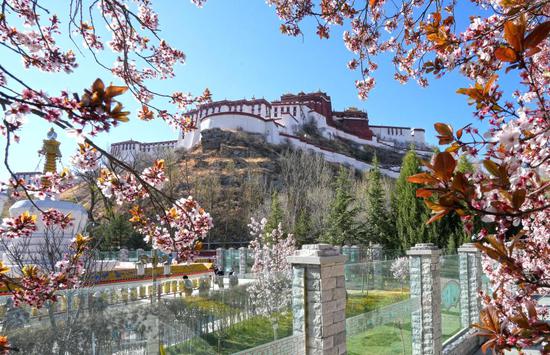
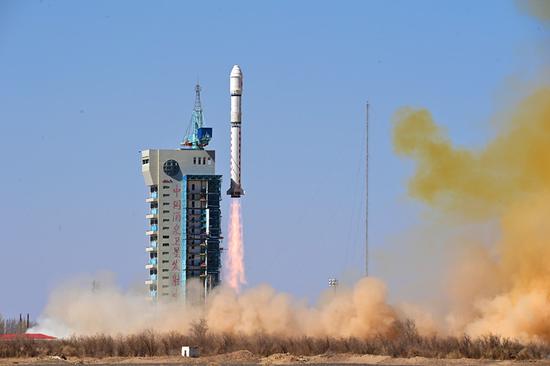

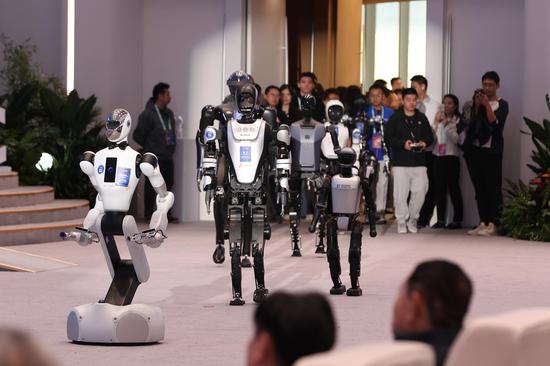

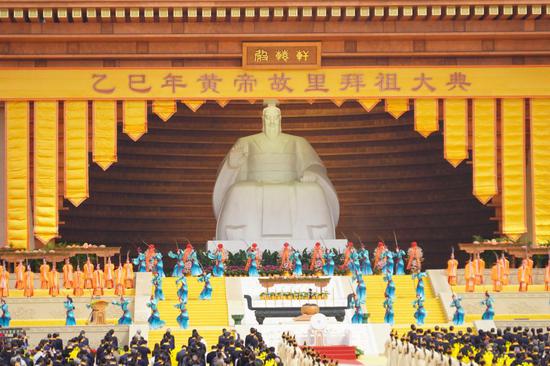






























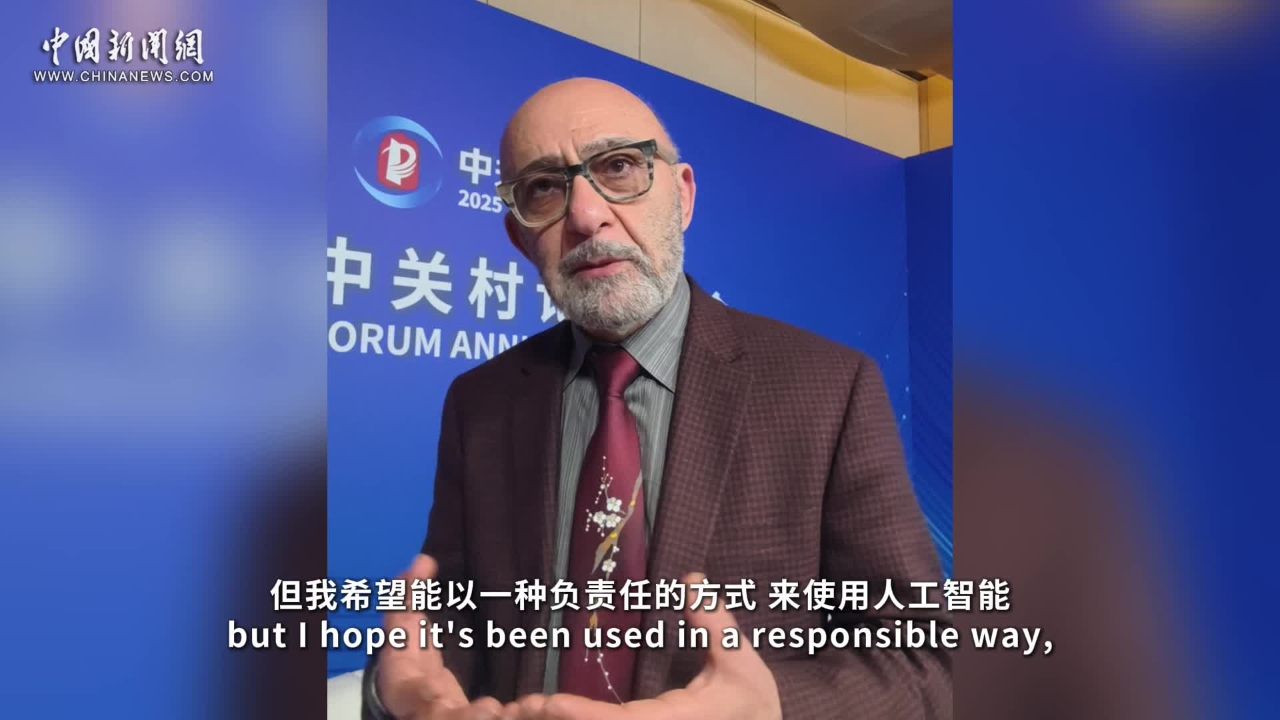



 京公網安備 11010202009201號
京公網安備 11010202009201號